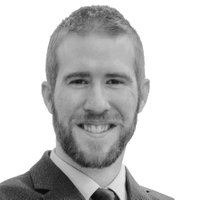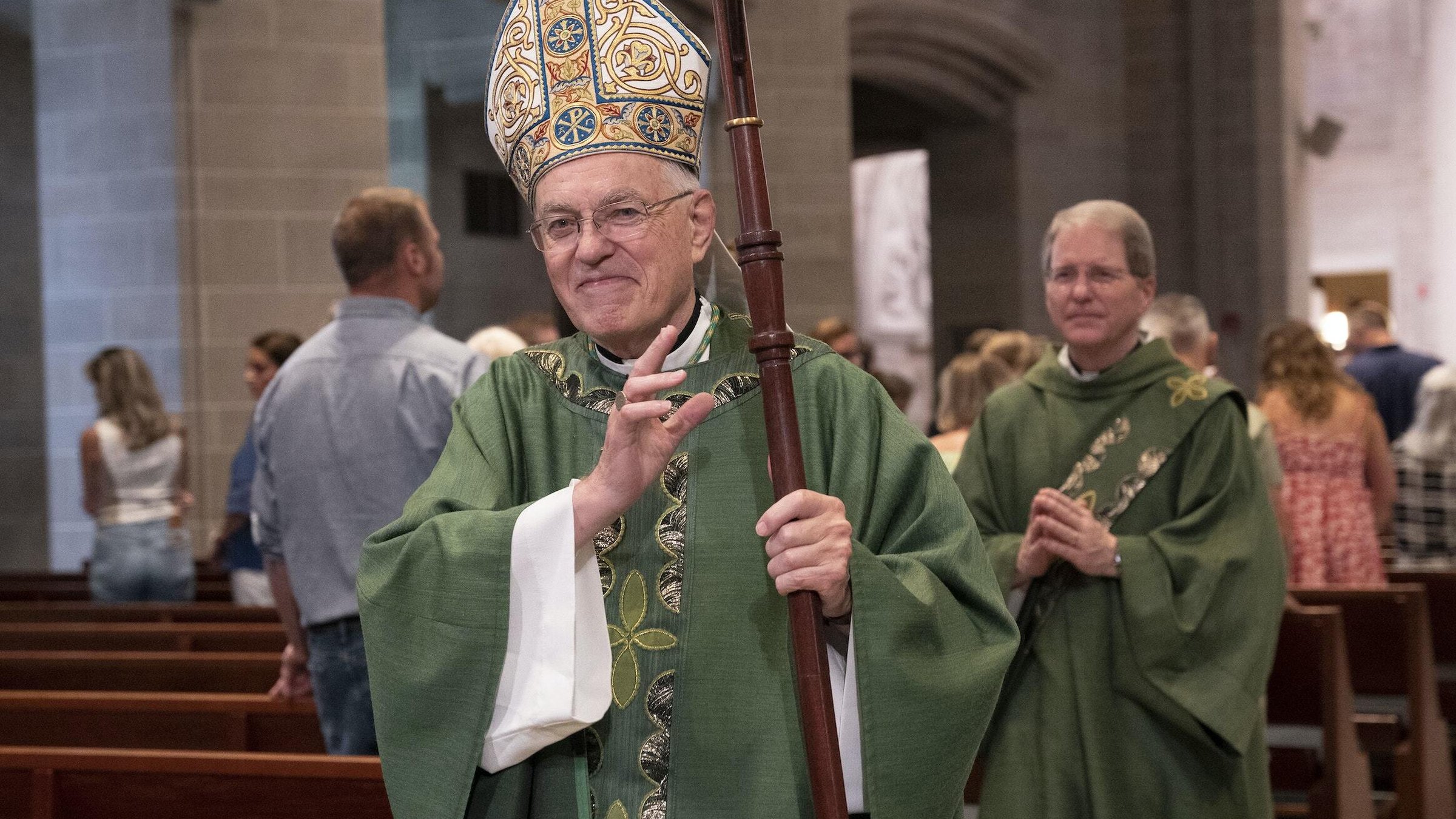Auxiliary bishop says he's grateful to God for 'allowing me to serve,' insists he's 'not disappearing' from the life of the Church
DETROIT — Pope Francis has accepted the resignation of Detroit Auxiliary Bishop Donald F. Hanchon, the Holy See announced early March 3.
The announcement comes a few months after Bishop Hanchon turned 75 years old on Oct. 9, 2022, and submitted his resignation as required by canon law.
The moderator of the Archdiocese of Detroit's Central Region, which encompasses the cities of Detroit, Highland Park and Hamtramck, Bishop Hanchon has been a trusted pastor for the city's faithful over his 49-year ministry. A native of Jackson, he was ordained a priest for the Archdiocese of Detroit on Oct. 19, 1974, and ordained an auxiliary bishop for the archdiocese on May 5, 2011.
Archbishop Allen H. Vigneron expressed his gratitude for Bishop Hanchon's many years of leadership and pastoral care. The two bishops, both southeast Michigan natives, were classmates at Sacred Heart Seminary High School and came up together as young priests.
“It has been a great blessing to serve alongside such an outstanding priest and to have him as a brother bishop aiding in my charge of shepherding the people of God in southeast Michigan,” Archbishop Vigneron said. “His pastoral leadership, especially in the cities of Detroit, Hamtramck, and Highland Park, has been an abundant source of grace for those under his care and will continue to resonate for many years.”
Although Bishop Hanchon's retirement is now official, the bishop says he will remain of service to the faithful in southeast Michigan in whatever capacity the Church needs.
“I hasten to tell you that I am not disappearing," Bishop Hanchon said. "I will continue to do confirmations and try to be of help in any way that I can — much as I had, along with several others, before I became an auxiliary bishop. I am grateful for the ways being an auxiliary bishop has allowed me to serve, and I ask for your continued prayers.”
On March 7, Archbishop Vigneron announced Msgr. Charles Kosanke, rector of the Basilica of Ste. Anne and moderator of the Southwest 1 Family of Parishes, will assume the role of regional moderator for the Central Region, in addition to his other duties.
Bishop Hanchon added he plans to continue living in southwest Detroit, where he's made his home for more than 30 years, and will remain active in the life of the local Church.
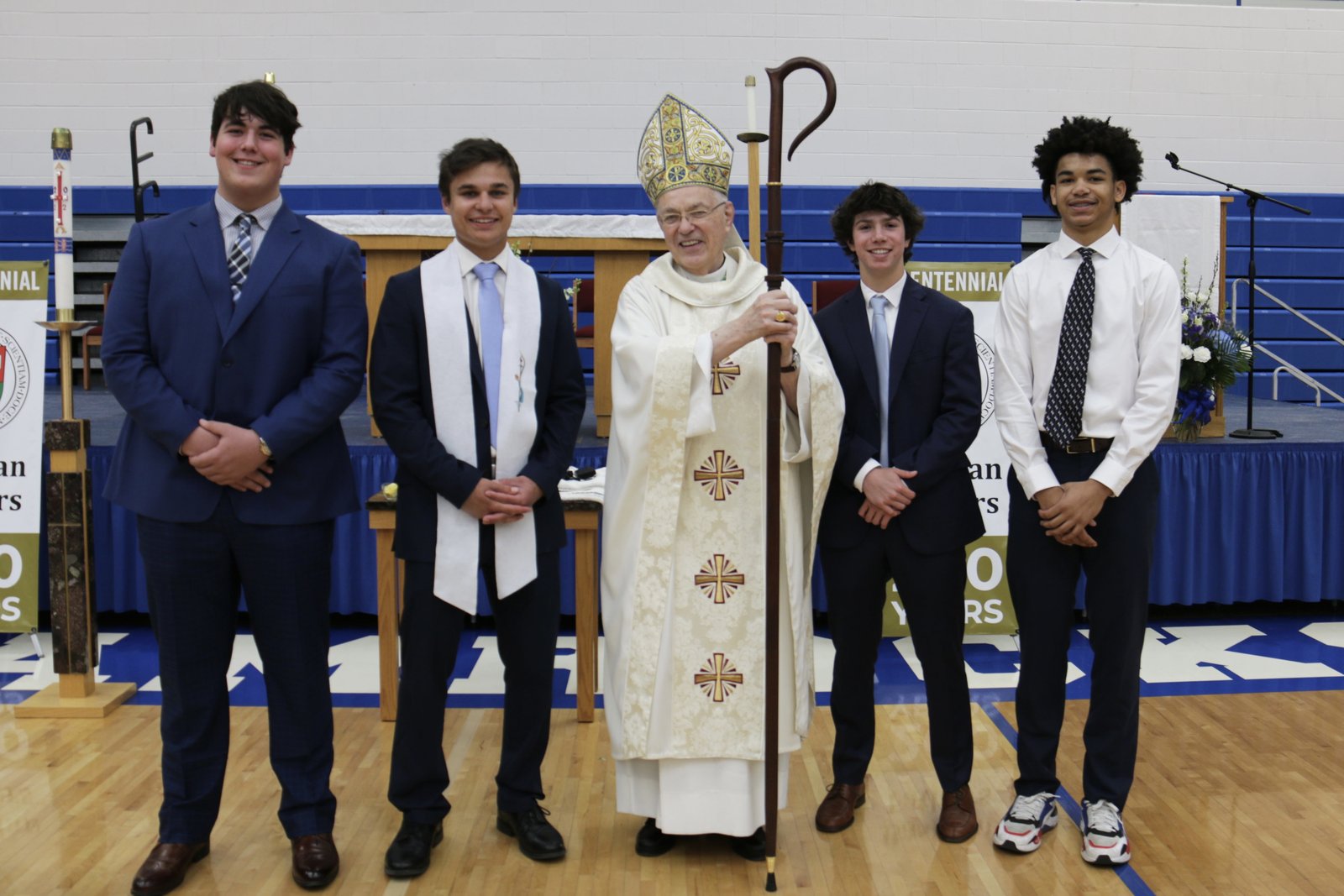
With the exception of brief stints at St. Mark Parish in Warren (1979-81) and St. Joseph Parish in Monroe (1987-92), Bishop Hanchon's entire ministry was spent inside the city limits, including 12 years as pastor of the city's largest Spanish-speaking parish, Holy Redeemer in southwest Detroit, from 1999 to 2011.
In an interview with Detroit Catholic upon his 75th birthday, Bishop Hanchon reflected upon the blessings of his priesthood, saying the people of Detroit "conquered my heart" and welcomed him with open arms.
As episcopal moderator serving 42 parishes and seven schools, Bishop Hanchon insisted he served the "best of the four regions" in the Archdiocese of Detroit.
“I love the variety, the multiethnicity,” he said in October 2022. “I’m usually at a different parish every Sunday, and the few times a year when I have nothing scheduled, I’ll call up a parish I haven’t visited in a while and say, ‘Hey, can I come to your place?’ My favorite part of being a bishop is being able to travel around to different communities and be warmly received.”
As a seminarian from the suburbs, Bishop Hanchon said he was drawn to ministry in the city of Detroit while serving alongside the city's African-American community during the height of the civil rights struggles of the 1960s.
"I was always very intensely aware at Sacred Heart Seminary of the racial aspect of the city of Detroit," Bishop Hanchon said. "The services staff at the seminary, the kitchen and housekeeping staff, were all African-American, and I became friendly with them. I began to think, 'If I'm going to be a priest and serve in this archdiocese, I'd better know Black folks.'"
After he was ordained, he sought out assignments in the city, serving at the Cathedral of the Most Blessed Sacrament and St. Bernard of Clairvaux on Detroit's east side as a young priest.
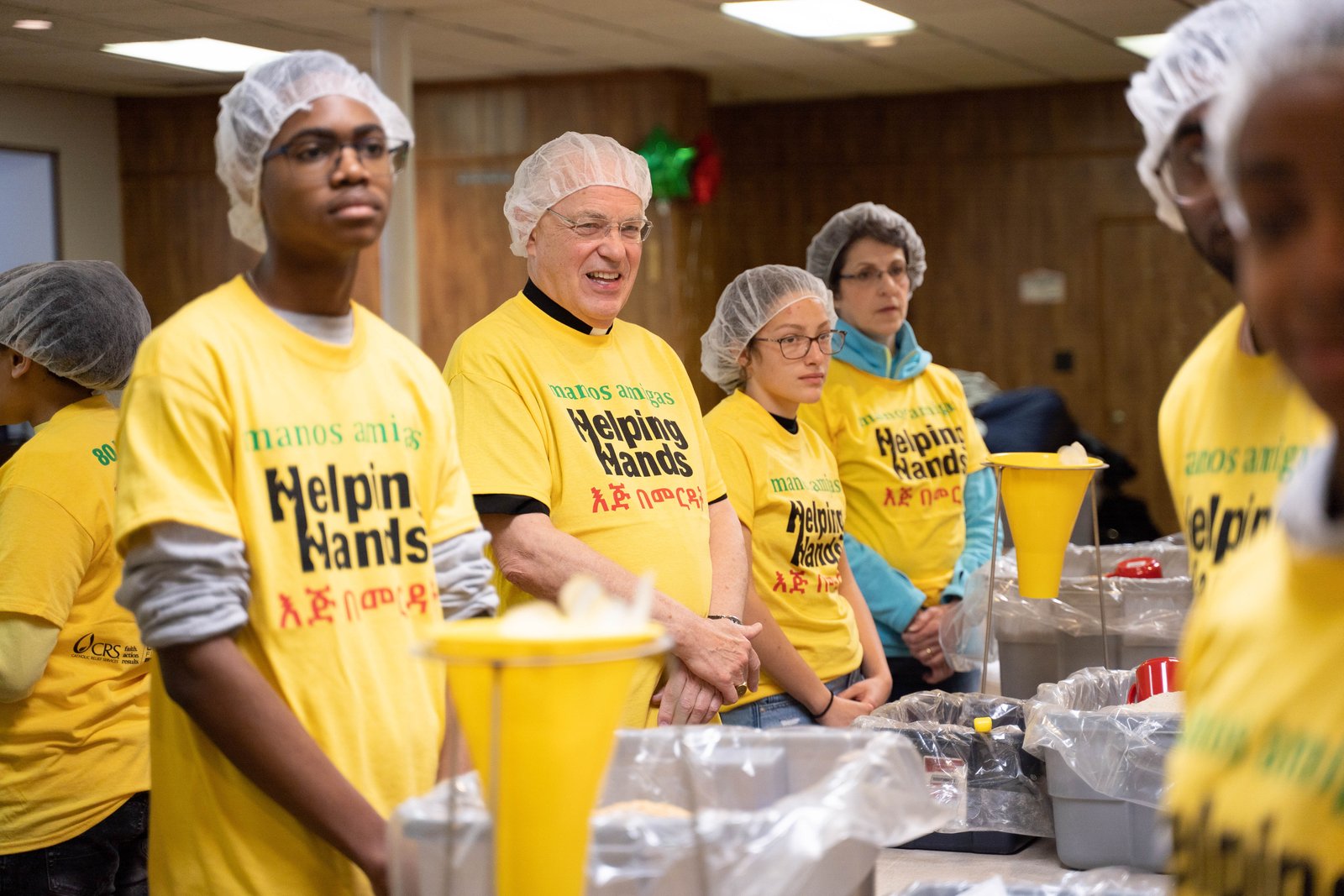
In 1981, Cardinal Edmund C. Szoka asked him to become director of priestly vocations for the archdiocese, a role he considered "ironic" at the time, given the doubts he experienced as a young man discerning the priesthood.
"I didn't know what I was doing, but I learned a lot about priesthood being a calling," Bishop Hanchon said. "I had a great circle of friends, so I would always look for qualities they had in potential candidates. Generosity was one."
In 1987, Cardinal Szoka asked then-Fr. Hanchon to take on another role with which he had little familiarity: as a pastor to the city's growing Hispanic population.
“Bishop Dale Melczek, one of the auxiliaries at the time, called and said, ‘Cardinal Szoka would like you to go study Spanish in Mexico so you can come back to Detroit and work with the Spanish speaking. It would just be for about five years,’” Bishop Hanchon recalled. “Working with African-Americans had made me feel at ease being the minority, and I said, 'I’d be happy to do that.'”
What began as a "five-year" assignment quickly became a lifetime ministry that included pastorships at several Spanish-speaking parishes, and in 1992, he was made coordinator of Hispanic ministry for the entire archdiocese. In 1999, Cardinal Adam J. Maida asked him to take over pastoral responsibility of Detroit's largest and most prominent Hispanic parish, Holy Redeemer in southwest Detroit.
In 2005, in recognition of his service to the Church, Pope Benedict XVI named Fr. Hanchon a "chaplain to His Holiness," which carried the honorary title of monsignor.
Although he was used to requests to serve the Church in unexpected ways, Msgr. Hanchon was nevertheless shocked when he received a phone call in March 2011 from the papal nuncio, Archbishop Pietro Sambi, asking whether he'd accept an appointment from the pope to become Detroit's newest auxiliary bishop. On May 5, 2011, Archbishop Vigneron ordained Bishop Hanchon alongside Bishops Arturo Cepeda and (now Archbishop) Michael J. Byrnes as the 26th, 27th and 28th auxiliary bishops of the Archdiocese of Detroit.

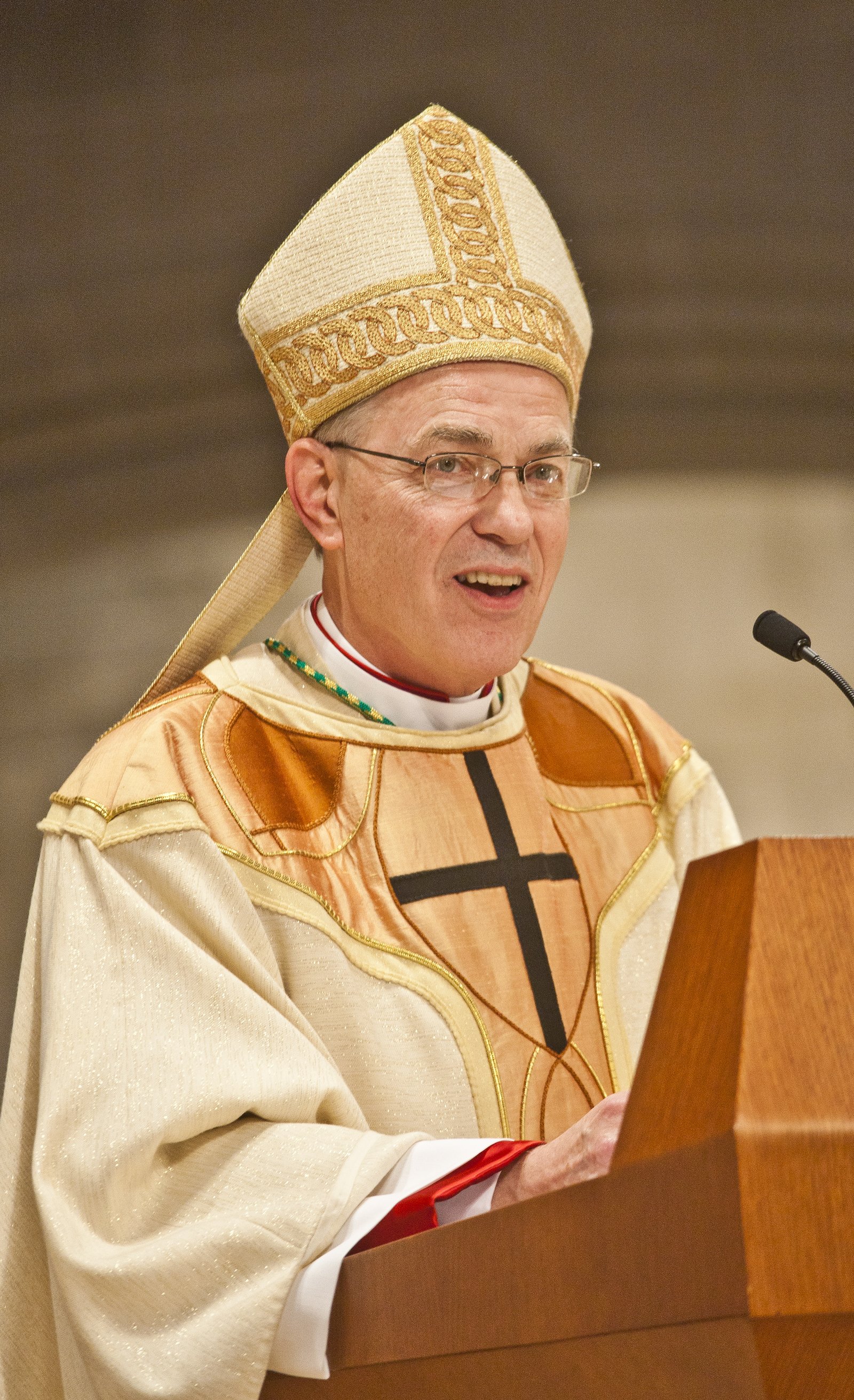
For the past 12 years, Bishop Hanchon has become known for his outgoing, friendly demeanor when visiting parishes, schools and ministries throughout the city. He frequently brings his trademark ukulele with him to parish functions, and has been known to sing during confirmation Masses with young people, particularly the tune, "This Little Light of Mine."
“I know other songs, but it seems so appropriate to sing ‘This Little Light of Mine,’” Bishop Hanchon said. “Everybody knows the song. So I talk about how the Spirit gives these gifts, so that your light, which you received at baptism, can shine.”
Although Bishop Hanchon will continue to celebrate confirmations and visit parishes, he admits his retirement comes with at least one perk: "I won't have to go to so many meetings," he joked.
In all seriousness, the bishop said he's been blessed over nearly five decades of ministry with great friendships, not the least of which has been the one with his savior, Jesus.
“If I were to choose a word to describe my relationship to Jesus, I would say he’s my closest brother,” Bishop Hanchon said during the interview in October. “I laugh sometimes at the things I discover about spirituality, but it’s really quite simple. ‘I love you,' (Jesus says), 'and I want you to communicate to other people that I love them, too. I want them to have the ease of knowing that whatever sins they committed can be forgiven.’
“There’s always a chance for a new beginning,” he said, “and that’s just great good news.”
Copy Permalink
Bishops Archdiocese of Detroit

